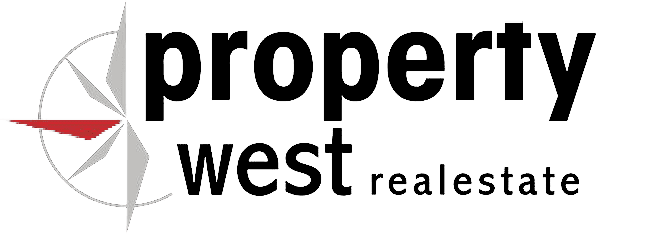Many property investors decide to self-manage their rental properties to save money on management fees. While this approach can seem financially worthwhile, it can often lead to costly mistakes that outweigh any potential savings. In this blog, we will explore the hidden costs of self-managed property and offer tips on how to avoid these pitfalls.
1. Lack of Experience: One of the biggest challenges self-managed landlords face is a lack of experience in property management. Without proper knowledge of local laws and regulations, landlords may inadvertently violate tenant rights or overlook important legal requirements. This can result in costly legal disputes or fines that far exceed the cost of hiring a professional Property Manager.
2. Time Commitment: Managing rental properties requires a significant amount of time. From screening tenant applications and handling maintenance requests to collecting rent and dealing with emergencies, being a landlord is a 24/7 job. Many self-managed landlords underestimate the amount of time and effort required, leading to unnecessary stress and burnout.
3. Tenant Issues: Dealing with difficult tenants can be one of the most challenging aspects of property management. Self-managed landlords may struggle to enforce lease agreements, handle tenant disputes, or evict non-compliant tenants. This can result in lost rental income, property damage, and legal fees.
4. Maintenance and Repairs: Proper maintenance is essential for preserving the value of your property. Self-managed landlords may cut corners or delay necessary repairs to save money, but this can lead to more costly problems in the future. Regular maintenance can help prevent major issues and keep tenants happy, reducing turnover and vacancy costs.
5. Financial Management: Managing finances is another area where self-managed landlords often struggle. Keeping track of rental income, expenses, and taxes can be complex and time-consuming. Without proper accounting practices, landlords may miss out on tax deductions or face penalties for late or incorrect filings.
6. Lack of Resources: Professional Property Managers have access to resources and networks that self-managed landlords do not. From maintenance contractors to legal advisors, Property Managers can leverage their connections to save time and money. Self-managed landlords may end up paying more for services or making costly mistakes due to lack of support.
7. Emotional Attachment: Lastly, self-managed landlords may struggle to maintain a professional distance from their tenants. Developing personal relationships with tenants can lead to biased decision-making and difficulty enforcing rules. Maintaining a professional relationship can help avoid conflicts and ensure that decisions are made in the best interest of the property.
In conclusion, while self-managing rental properties may seem like a cost-effective option, it can often lead to costly mistakes and headaches. Hiring a professional Property Manager can help you avoid these pitfalls and ensure that your investment is protected.


